The Lu Ban talisman is known as the most terrifying talisman in China, why?
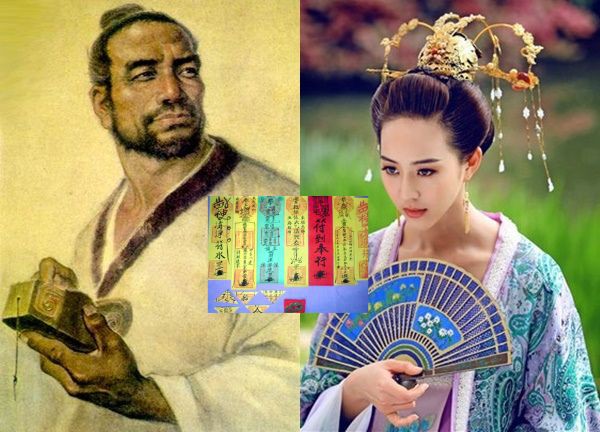
2 | 1 Discuss | Share
Ancient Chinese people used to regard seeing blood as a harbinger of bad luck. Therefore, if he was unfortunate enough to be graced on the day of the "red light", the Heavenly Prince knew that not only did he lose his charm, but he could also anger Long Yan.
Here are the high-handed moves to escape the impregnated market that concubines often use.
The first move: "Thief of the dragon"
The first method is the method of "stealing dragon worship", finding a replacement to impersonate yourself to impregnate yourself.
The number of concubines in the harem of Chinese emperors was usually very large, moreover this group of people were considered female masters, not under the same strict house arrest as the servant class.
So as long as he is not a person who is often favored or has a very special status, it is very normal for the king and the palace ladies and eunuchs not to remember the faces of some concubines.
Thanks to this, some concubines who are summoned for favor on inconvenient days can "risk" surreptitiously asking others to take their place.
However, because of the great probability of risk, this method is classified as a lower level and is rarely applied, because if detected or denounced by anyone, both the impostor and the impostor will be tried for committing the deadly sin of deceiving the Heavenly Prince.
Second move: Use a few symbols to refer to
This was a practice commonly practiced in many Chinese feudal dynasties. Accordingly, whenever the physiological cycle came, the concubines would use different symbols to indicate to everyone that they were inconvenient to serve the Emperor.
According to historical records, in the Han Dynasty, concubines would wear makeup with red lipstick if they came to their daughter's period. In the Tang Dynasty, the beauties in the harem would wear a gold ring on their hands.
Symbols hinting at the approaching day of the concubines will be prescribed depending on the dynasty. In addition to the two aforementioned ways, there was a prevailing rule for the queen consort to wear robes with a red flap.
There were also imperial courts that used a "tear up baby" approach, forcing concubines "to the month" to offer their servings to the Emperor.
Among the aforementioned methods, the most subtle and civilized is the hanging of red lanterns outside the palace door in lieu of innuendo.
Third move: Publicly withdraw the nameplate
During the Qing Dynasty, if the emperor wanted to choose an attendant, he would have to turn over the nameplate. If the right concubine is chosen to be approaching, then that concubine will send someone to inform the Concubine to publicly withdraw the nameplate. The room glass will be carefully arranged, because if something unexpected happens, their "head" will be difficult to keep.
Thi impregnated - the "gamble" of the female concubine
Dice have been a popular gambling tool since ancient times, but few people know that this small object was once used to decide the impregnation of Chinese emperors.
In the early years of the Tang Dynasty, because the Emperor did not like the impregnating and laborious impregnation, he had the concubines cast the dice to decide who was favored.
Or the Tang Xuanzong Emperor Li Longji chose an attendant by placing fresh flowers on the concubine's head.
Then the king's servant would release the butterfly and if the butterfly landed on the flower on anyone's head, that person would be impregnated by the Emperor that day.
When he was bored with this game, Li Longji also came up with the trick of "send-off impregnated". Accordingly, the king impromptuly threw a coin for the concubines to scramble to pick up.
Whoever picks up that coin will be fortunate enough to be graced by His Majesty one night.
Impregnation by day
In the forbidden palace, concubines will be classified by rank and the highest is the Empress. Based on each rank, the concubines enjoyed different benefits and the opportunity to meet the Emperor was also different.
In the Tang Dynasty, the time concubines impregnated would be based on a special measure, the moon phase.
According to the concept of the Chinese feudal court, the best time for a woman to conceive is the night when the moon rises highest and brightest, because then the girl's yin qi will reach a certain level to harmonize with the emperor's yang qi.
At this time, the fetus will be said to possess all the best qualities of a future monarch.
Therefore, the 15th day of the full moon is usually the day when the Emperor visits the Empress Palace or the concubines.
Or more specifically, from the night of the 1st to the night of the full moon, the concubines from the main rank to the Empress will alternately impregnate and after the 15th, this order will be reversed.
This is meticulously recorded in the Sutra of the Zhou Dynasty (1120 - 256 BC), in which it is written: "Maidens of lower rank would be given priority to serve first and then to concubines and empresses.
A total of 81 palace concubines were impregnated with Her Majesty for 9 consecutive days, each day a group of 9 people were allowed to enter.
Next 9 concubines and 3 concubines will be graced by His Majesty in groups for one night, finally to the queen.
This process will end on the night of the full moon of the 15th day of the month, after this night all will be swapped in reverse order."
The same servant to the Emperor, but why was the eunuch not forced to "purify" like the eunuch? 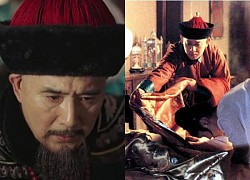 JLO17:13:41 02/01/2024Working together for the emperor of China, the eunuch went through the process of purification but the eunuch did not. This makes many people curious why the crown prince was treated so favorably by the emperor.
JLO17:13:41 02/01/2024Working together for the emperor of China, the eunuch went through the process of purification but the eunuch did not. This makes many people curious why the crown prince was treated so favorably by the emperor.

2 | 1 Discuss | Share
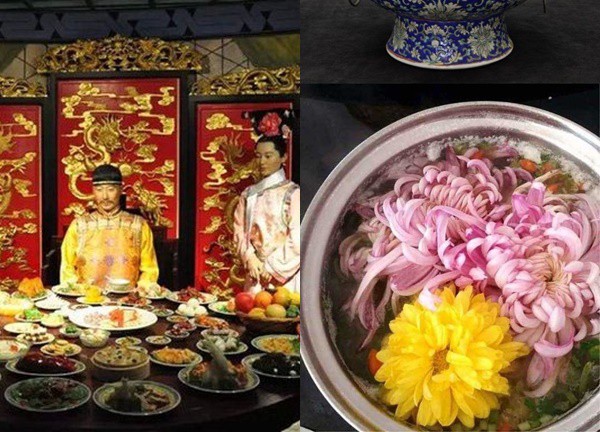
3 | 0 Discuss | Share
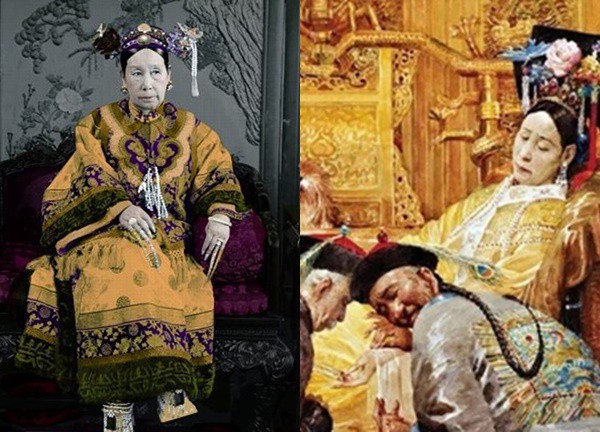
2 | 1 Discuss | Share
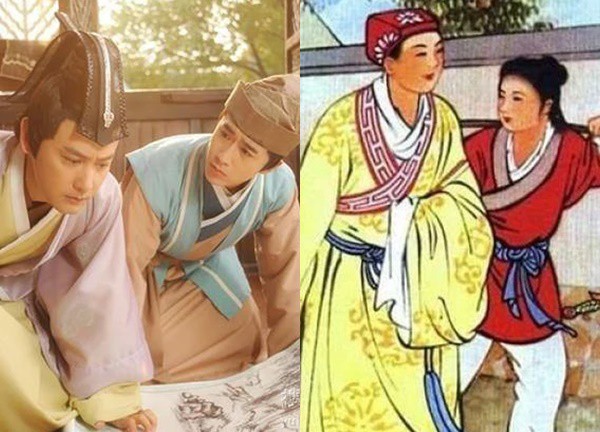
4 | 1 Discuss | Share
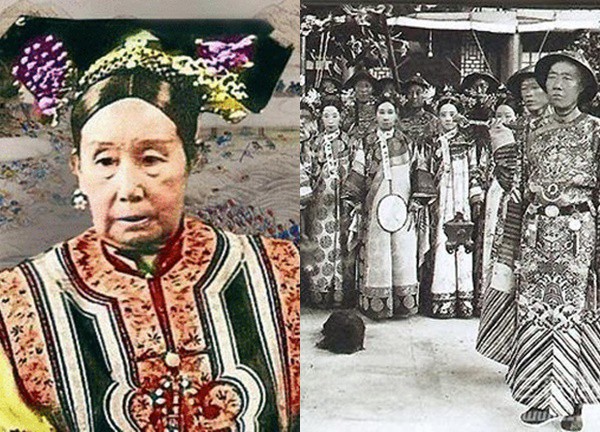
7 | 1 Discuss | Share
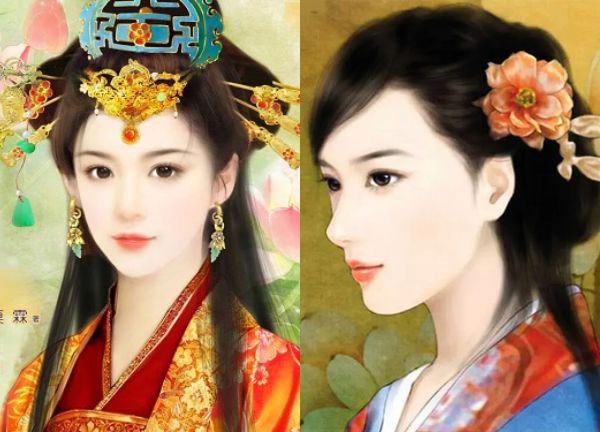
3 | 1 Discuss | Share
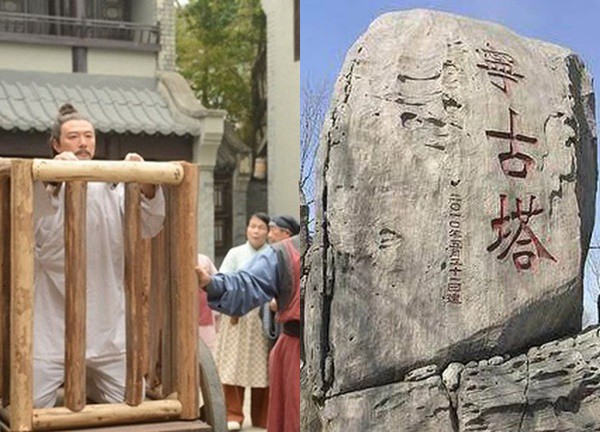
2 | 1 Discuss | Share
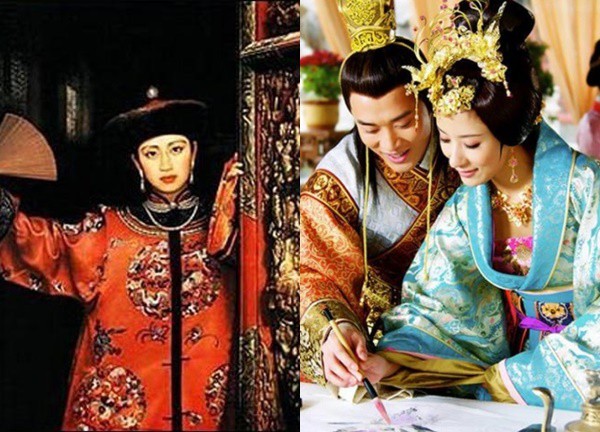
2 | 1 Discuss | Share
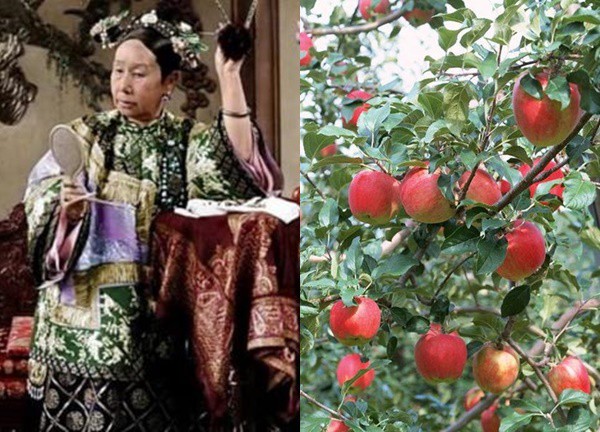
5 | 1 Discuss | Share
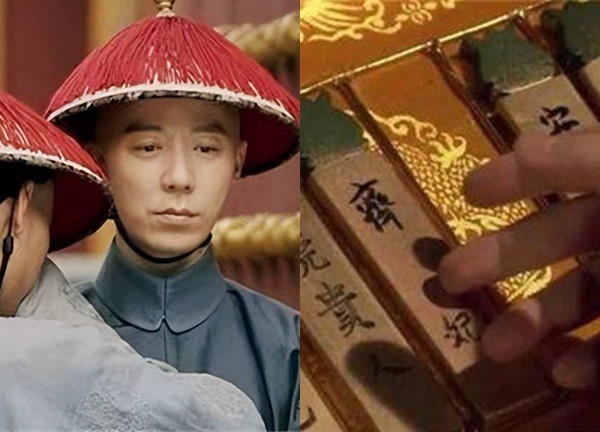
5 | 0 Discuss | Share
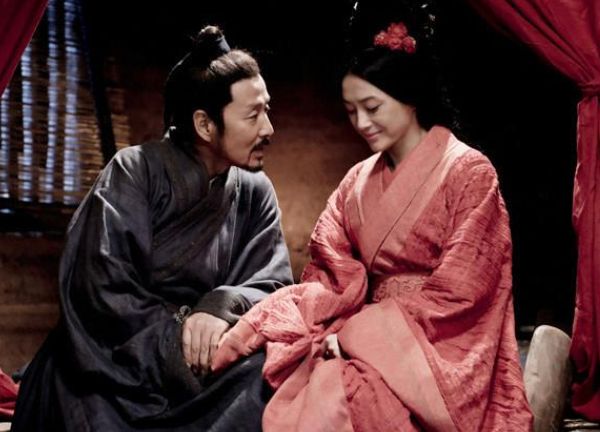
3 | 1 Discuss | Share
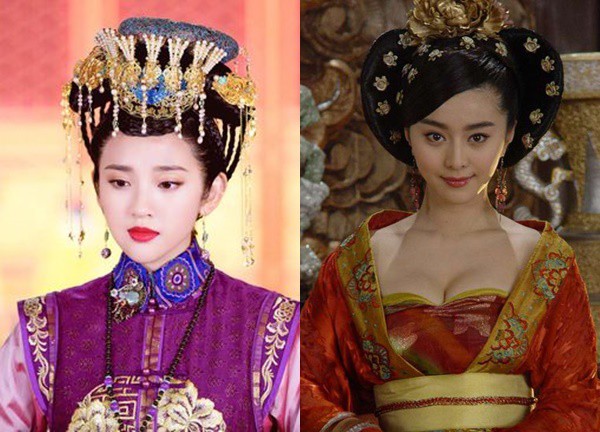
4 | 1 Discuss | Share
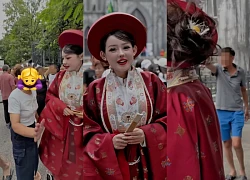



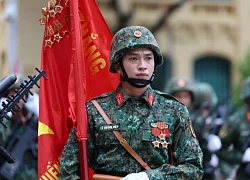





3 | 1 Discuss | Report